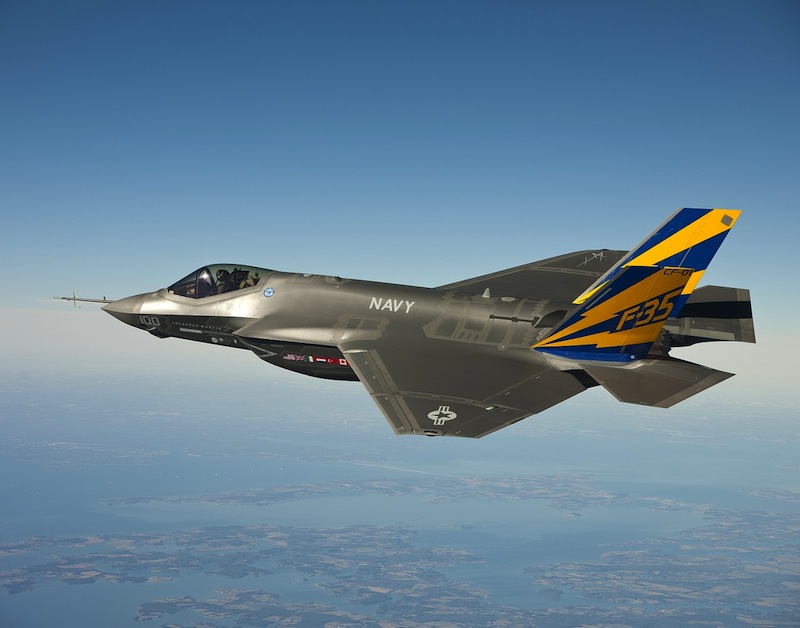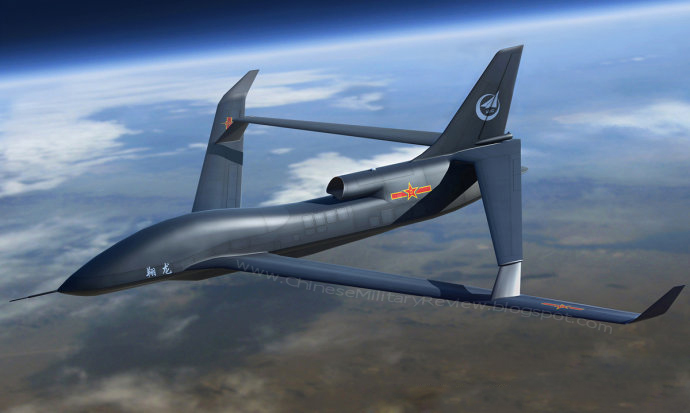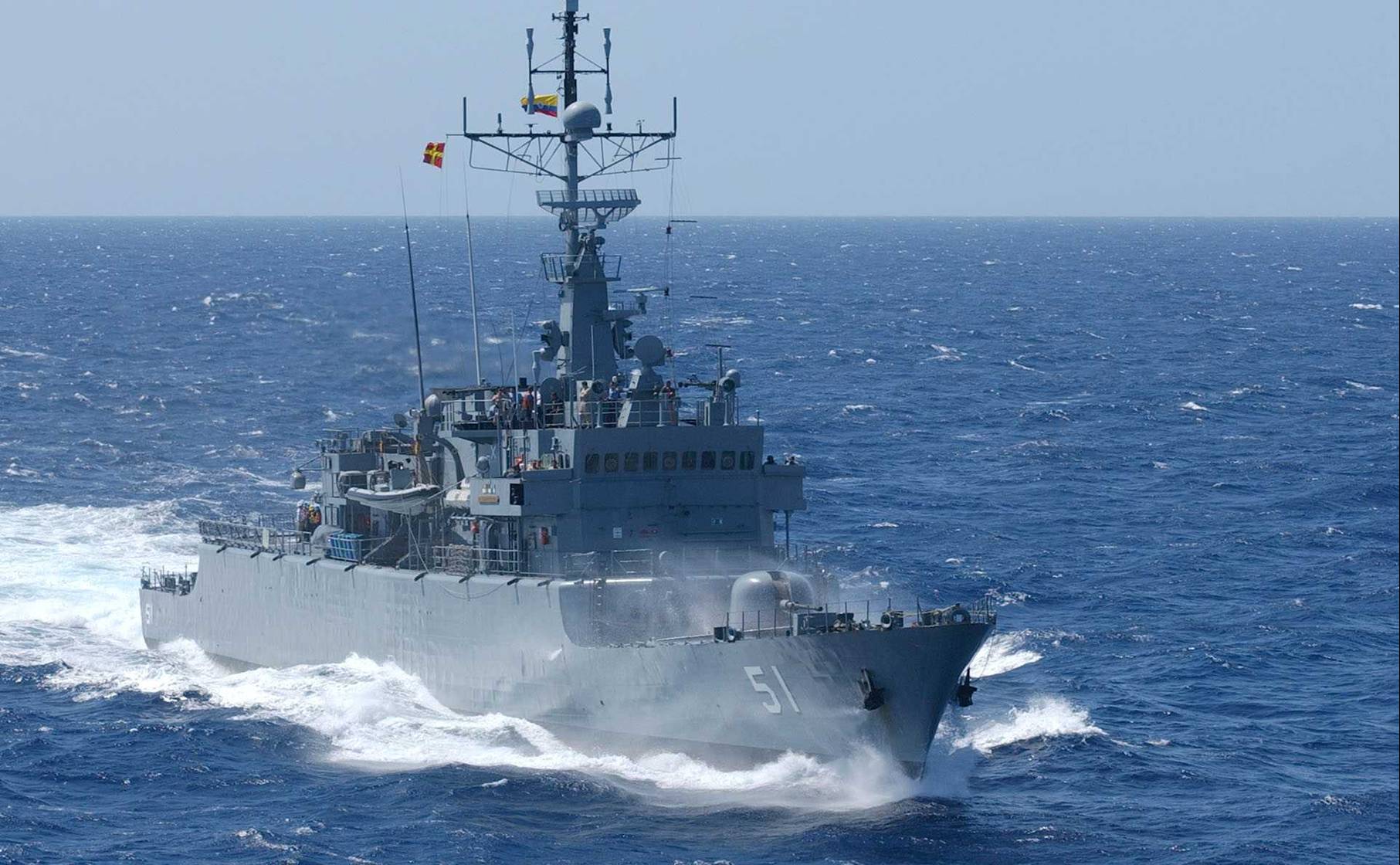Turkey’s participation as a member of the international F-35 Joint Strike Fighter program could be put in jeopardy as a consequence of the attempted military coup that occurred in Turkey last week. Some officials at Lockheed Martin are hesitant to confirm Turkey’s continued involvement in the program while Turkish political elites are wary of the risks of continuing to support the military by way of the F-35 program.
Turkey has acted as a central driving force in design and leadership of the F-35 aircraft, contracting ten domestic companies to manufacturer different parts of the plane, ranging from pieces of the airframe to the cockpit display. With the partnership established, Turkey anticipates purchasing 100 of Lockheed Martin’s jet-strike F35 fighters by 2022.
Turkey’s participation in the F-35 program stretches back over fourteen years, when it signed a memorandum with the US Department or Defense in 2002 for a $175 million contribution to the project. In particular, Lockheed Martin and Turkey worked in tandem on the System Development and Demonstration Phase of the joint strike fighter initiative, a process that incorporated research and development and evaluation of prototypes to ensure optimal F-35 operability.
Over the years, Lockheed Martin has partnered with Turkish industry and government to reinforce Turkey’s defense capabilities and its Vessel Traffic Management Information System, the body that supervises and manages the Istanbul and Çanakkle Straits.
Marilyn Hewson, the CEO of Lockheed Martin, explained that this fourteen year relationship is not going to simply be written off. Aware of the political upheaval caused by the attempted coup, she stated: “I know there’s been a lot of churn in Turkey here recently but it still remains a very valued NATO partner for us… We have not seen any indication that it will impact the F-35 or any of their other programs.”
Others, like Lockheed Martin’s Chief Financial Officer, Bruce Tanner, aren’t so quick to engage in reassurances. Though Tanner did reaffirm that Turkey has been a long-trusted partner for fourteen years, he acknowledged that it might be too early to make concrete statements at this time.
Richard Aboulafia, Vice President of Analysis at the Teal Group, a market researcher corporation specializing in the aerospace and defense marketplace, echoed Ms. Hewson’s statement. In an interview, he claimed that Turkey’s involvement in the F-35 would not be affected by the attempted coup, suggesting that even if operations were disrupted, procurement would simply be outsourced to other locations. He added that the strife would not affect Turkish airbases.
The stability of Turkey depends on the government repairing its trust with the military so that both parties can work in unison on issues of procurement. Given recent events, the hostile divide between the armed forces and the government’s interests could halt Turkey’s participation in the F-35 program. For instance, the government may look to undermine the military by canceling projects that fall under its purview, such as the F-35 program. Perhaps the government may purchase less F-35s than originally intended in order to prevent the military from using weapons against its own nation once again. As the dust starts to settle from the aftermath of the failed overthrow, Canada and the rest of the world remains poised to witness the incident’s impact on the F-35 program.
Photo: An F-35 Lighting II, via Pixabay. Public Domain
Disclaimer: Any views or opinions expressed in articles are solely those of the authors and do not necessarily represent the views of the NATO Association of Canada.




